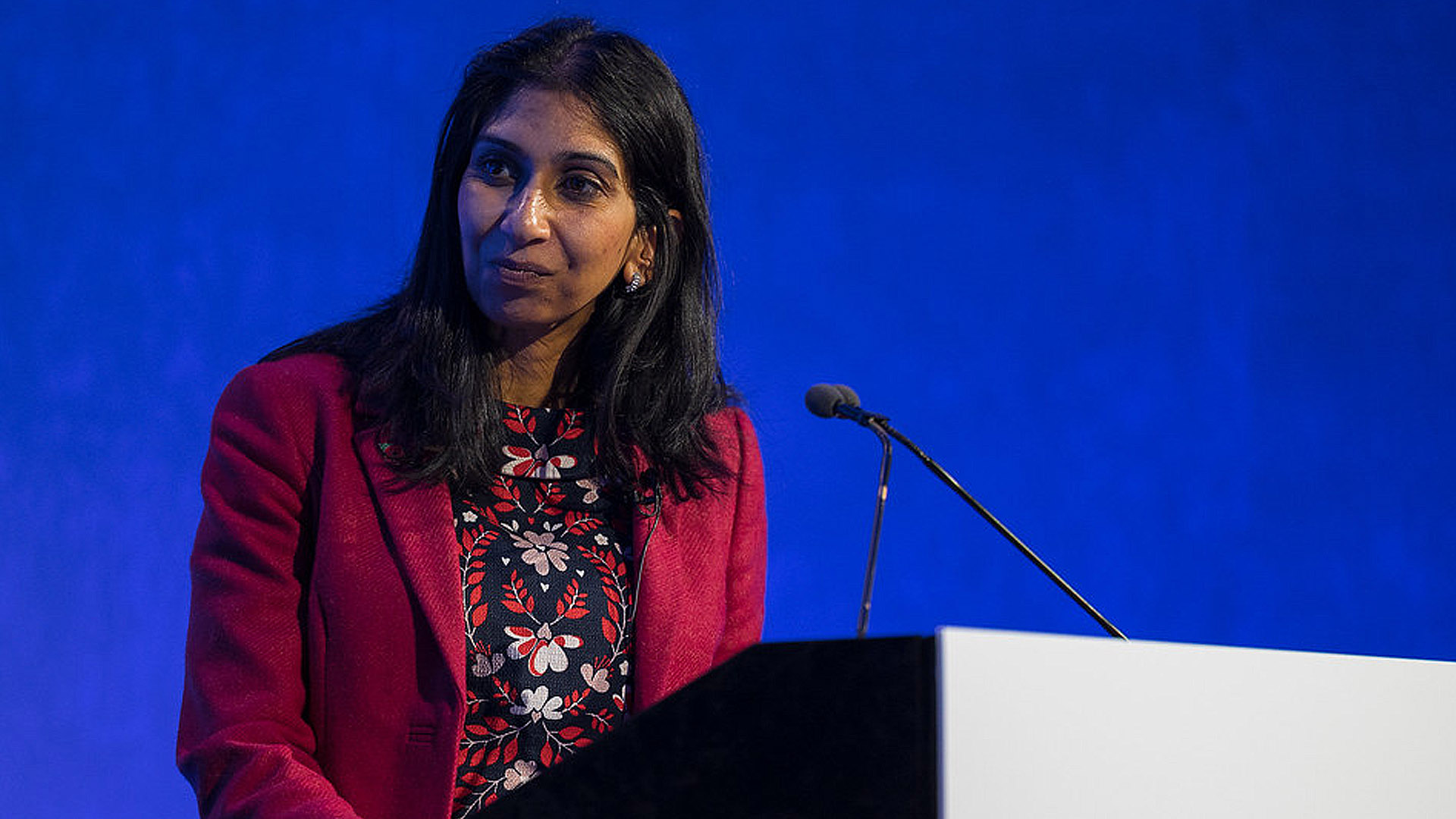
Nadine Osman
Civil rights campaigners have celebrated a landmark legal victory after the Court of Appeal upheld a ruling that former Home Secretary Suella, Braverman, acted unlawfully in redefining what constitutes “serious disruption” to justify police intervention in protests.
The judgment, delivered on May 2, confirms that Braverman overstepped her powers when she used secondary legislation to lower the threshold to “more than minor” disruption — a move that critics said granted police near-unchecked discretion to shut down demonstrations.
Akiko Hart, Director of the human rights group Liberty, which brought the original challenge, welcomed the ruling: “Five different judges over two hearings have now ruled that ‘serious’ simply cannot mean ‘more than minor’. This is a huge victory for democracy.”
The legal battle centred on a statutory instrument introduced by Braverman in 2023 under the Public Order Act 1986. The regulation sought to reframe “serious disruption” — a key test for when police can restrict protests — after peers in the House of Lords had voted down similar provisions in a proposed bill.
A cross-party parliamentary committee later criticised the move as a misuse of so-called Henry VIII powers, calling it unprecedented and a “constitutional outrage”. The change was made without full parliamentary scrutiny, raising concerns about executive overreach.
Liberty launched a judicial review, arguing the government had bypassed proper legislative processes. Despite the legal challenge, the new powers were used extensively, leading to the arrest of hundreds of protesters, including climate activist Greta Thunberg at a London demonstration. Thunberg was later acquitted of all charges in February 2024.
In May last year, the High Court ruled in Liberty’s favour but delayed quashing the regulations while the government — now under new leadership — pursued an appeal.
That appeal was dismissed on May 2. In their judgment, Lord Justices Underhill, Dingemans and Edis wrote: “The term ‘serious’ inherently connotes a high threshold … [and] cannot reasonably encompass anything that is merely ‘more than minor’.”
Although the ruling invalidates Braverman’s redefinition, Liberty warned that it represents just one aspect of broader legislation that continues to restrict protest rights. New powers being debated under a crime and policing bill could introduce additional limitations, including bans on face coverings — measures campaigners argue would disproportionately affect disabled activists and political dissidents.
“It’s especially worrying that even more measures are going through parliament,” said Liberty lawyer Katy Watts. “We must remain vigilant to ensure protest rights are not eroded further.”
A Home Office spokesperson said: “The court has ruled that specific regulations made by the previous government were unlawful. However, the central powers currently used by policing to manage protests and ensure that they remain peaceful are not affected by this judgment.”
They added that the government would press ahead with legislation aimed at preventing “intimidatory protests” outside places of worship and reaffirmed its commitment to ensuring clarity for police and the public on protest powers.
Photo: Former Home Secretary Suella Braverman’s attempt to redefine “serious disruption” for protest restrictions was ruled unlawful by the Court of Appeal, marking a major victory for civil rights campaigners.
(Credit: Brandon Hattiloney/No 10 Downing Street Flickr)